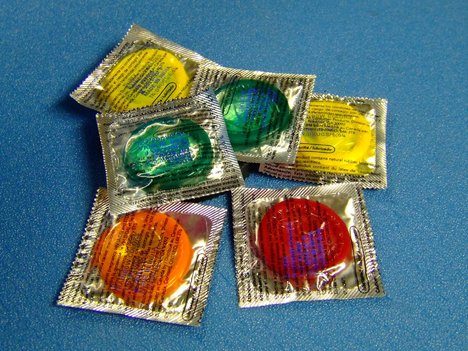Condoms for high schoolers: DepEd gives DOH green light
The Department of Education (DepEd) may allow the Department of Health (DOH) to proceed with its plan to distribute condoms to students next year but only “with great sensitivity” to junior and senior high schoolers.
Speaking with reporters on Wednesday, Education Secretary Leonor Briones said top-level discussions have started on how the two agencies could roll out the DOH program designed to curb the rising number of cases of human immunodeficiency virus (HIV) and Acquired Immune Deficiency Syndrome (AIDS) among the youth.
“This is a very sensitive issue and the DOH recognized the need for the DepEd to cooperate because the object of their protective project is our learners,” Briones said, reiterating the need for a careful and thorough assessment of the program before its implementation.
She said the distribution of condoms cannot be randomly or haphazardly done as how leaflets are being distributed in shopping malls.
“They cannot stand at the door and distribute condoms to students who pass by, not like that. It has to be done carefully… most likely it will be at the level of junior and senior high school when students are able to discern,” said Briones.
Article continues after this advertisementNeeds counseling
Article continues after this advertisementThe DepEd chief said condoms cannot be handed out to the appropriate targets without counseling. Also, it will not be a “mass event,” he said.
Briones pointed out that aside from the rising cases of HIV and AIDS among teenagers, the Philippines has an increasing rate of teenage pregnancy, occurring even as early as 10 years old.
“The DOH and DepEd understand each other that we have to be involved in operationalizing this policy because the subjects are our learners,” Briones said.
She said the DOH is pushing through with the policy next year but with DepEd’s consent. “We are still talking about the guidelines,” she said.
In a statement issued last week, the DepEd stressed the need for careful discussions with the health agency to determine whether such move was appropriate to cover schools and learning institutions.
It also said it could explore other measures to address the rising HIV and AIDS cases among young Filipinos without compromising the parents’ right and responsibility to educate their children against the dangers of engaging in premarital sex and the state’s mandate to protect minors from any form of abuse.
